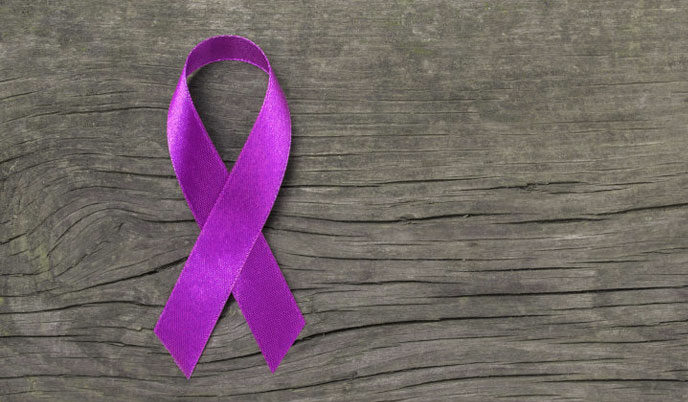
Alzheimer’s, related dementias cause high economic burden among Indigenous populations
Indigenous people living in Wisconsin and throughout the nation experience significant health and financial burden from Alzheimer’s disease and related dementias, according to new research published by a University of Wisconsin–Madison team and collaborators.
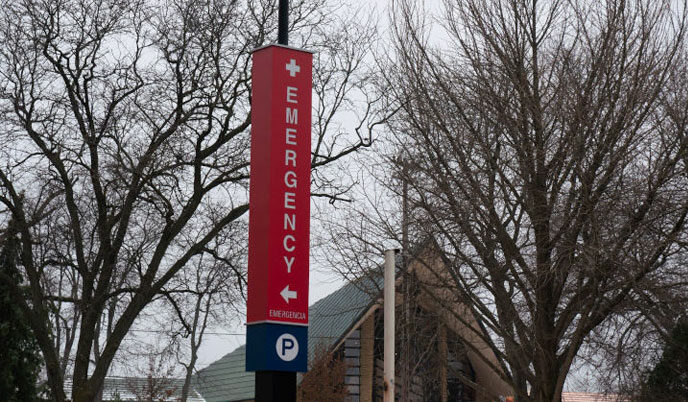
Researchers identify ways to improve emergency care for people living with dementia
A new collection of research papers sets out priority areas to better provide emergency care for people living with dementia in the United States.
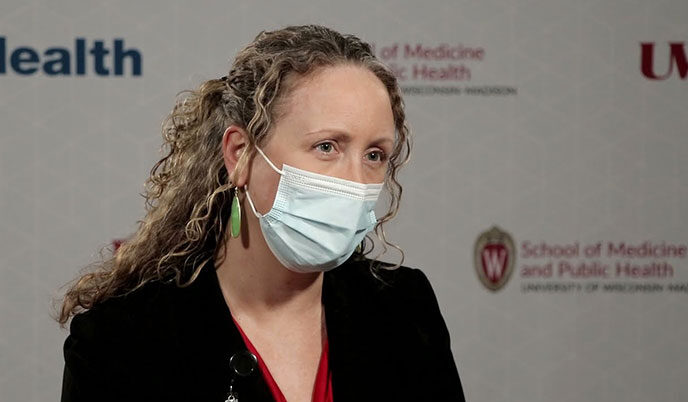
UW shows strong presence at Alzheimer’s Association International Conference
The world’s largest and most prestigious Alzheimer’s disease conference is underway this week, and UW Alzheimer’s disease researchers are attending in high numbers, leading several important discussions.

UW awarded research funding to identify ways to improve emergency department visits for people with dementia
The University of Wisconsin School of Medicine and Public Health is one of four sites awarded a total of $7.5 million from the National Institutes of Health (NIH) to conduct research that could lead to improved care in emergency departments for people with dementia.

Darcie Moore selected as 2020 Vallee Scholar in recognition of research
Darcie L. Moore, PhD, assistant professor of neuroscience, has been named by the Vallee Foundation as a 2020 Vallee Scholar. The award provides $300,000 in funding for basic biomedical research over four years.

UW–Madison study shows that calorie restriction slows skeletal muscle aging
Monkeys on calorie restricted diets age better than monkeys on a normal diet, according to researchers at the University of Wisconsin School of Medicine and Public Health.
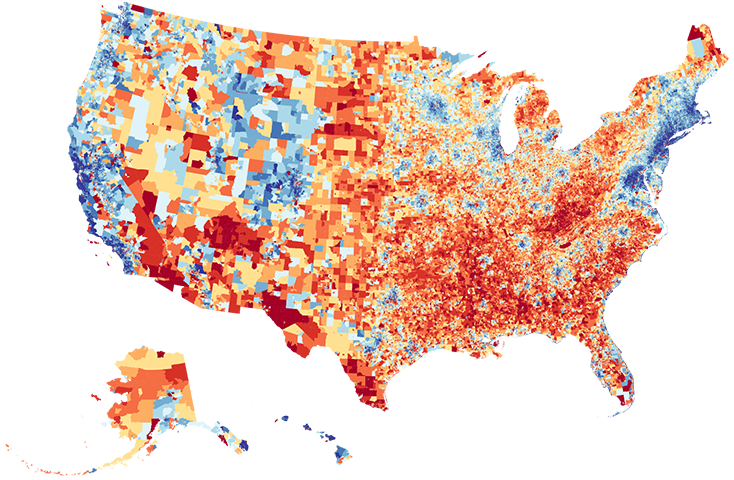
UW–Madison study finds where you live affects brain health
Living in disadvantaged neighborhoods may impact the brain, according to researchers at the University of Wisconsin School of Medicine and Public Health.

Wisconsin Alzheimer’s Disease Research Center receives $15 million from NIH
The Wisconsin Alzheimer’s Disease Research Center will establish, among other activities, a first-of-its-kind research program into improving the care of Alzheimer’s patients and reducing caregiver stress through a $15 million grant from the National Institutes of Health-National Institute on Aging (NIH-NIA). This grant will provide $3 million annually for five years.
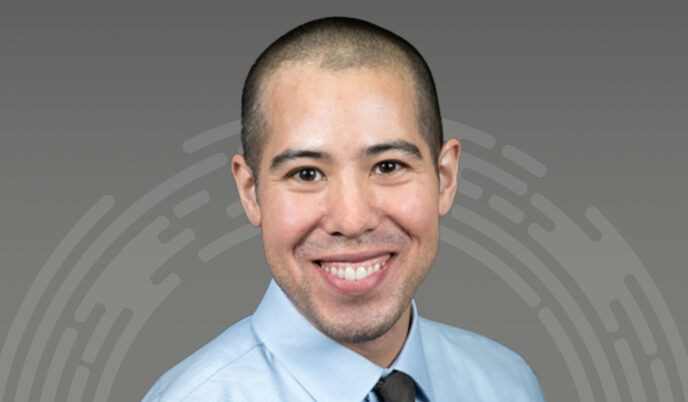
Nathaniel Chin shares the inspiration behind his Alzheimer’s podcast
Every other week, Nathaniel Chin, MD, interviews experts about Alzheimer’s disease research, news and caregiver support for his podcast, Dementia Matters.

UW paper nabs top honor from American Public Health Association for life-expectancy analysis
Work published by three University of Wisconsin researchers regarding decreasing the gap in life expectancy of the United States population compared to European peers, earned top honors from the American Public Health Association.

Financial incentives help Medicaid recipients quit smoking
The use of modest financial incentives to engage with the Wisconsin Tobacco Quit Line is a cost-effective option for increasing smoking quit rates among Medicaid recipients, according to research at the University of Wisconsin School of Medicine and Public Health.

UW scientists discover cause of aging-related disease in mice, then reverse its symptoms
In a study published in Aging Cell, researchers at the University of Wisconsin–Madison show that mice making too much of a human protein called AT-1 show signs of early aging and premature death, which are also symptoms of the human disorder progeria.